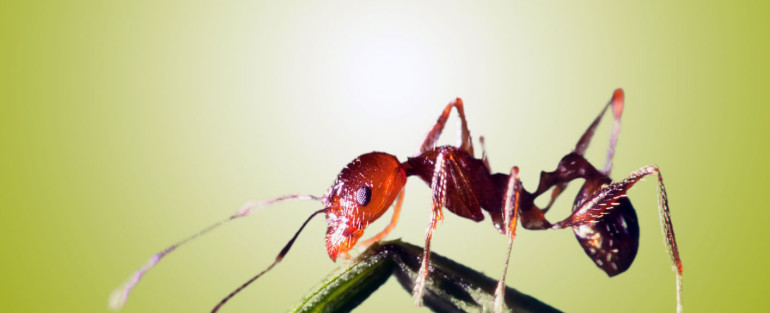
Every fence contractor in Dallas knows that ants swarm in spring. Even worse this year, there is a foreign ant invasion spreading throughout the southeast, replacing local ant populations. These “crazy ants” build colonies 100 times bigger than regular ants, outside and inside houses, in traditional ant locations and in protected areas, like walls and sometimes electronic equipment. Property owners have found them in basements and crawl spaces, air conditioners and computers, and outside in leaf piles and pool pumps. The crazy ant does not respond to regular ant poisons and has no local predators, although it does compete with fire ants.
Texas A&M has identified these ants as Nylanderia fulva, from the area around the border of Brazil and Argentina, according to PLOS ONE online. The Texan invasion apparently started in the ports of Houston, carried there in cargo from South America or Florida, where it is known as the Caribbean crazy ant. It can now be found throughout the southeastern United States.
Crazy ants are about the size of fire ants, but a lighter brown and dull, due to the hair on their stomachs. Rather than marching in straight lines, they run scattered every which way, taking over the living spaces and food sources of local ants, driving them out. They also eat ladybugs and bees. Inside electrical equipment, they cause shorts with the bridges they build between electrical contacts. The ant does not fly during swarming. Colonies spread by inadvertent carriers like cargo boxes, RVs, hay bales, and nursery plants.
N. fulva is now known to be living in at least 21 counties in southeast Texas, as far north as Austin. No one has reported them in Dallas yet, but the Texas Department of Agriculture expects it to be only a matter of time. They and the USDA have deemed the infestation alarming enough that they have set up a special task force to find a way to control the ant and prevent its spread.
Meanwhile, property owners can do their own prevention. L&C Fence & Gate notes that if the colonies start in moist debris piles outside, cleaning up piles can be key to stopping them, especially around the edges of automatic gates, where leaves collect, and in the gate tracks. And if the ants invade enclosed spaces like electronic equipment, then gate gear boxes and pool pumps can be kept cleaned and oiled as a possible deterrent. Although these steps will not stop the ants, they may slow them down enough to at least keep them outside, until researchers can find a longer term solution.



Recent Comments